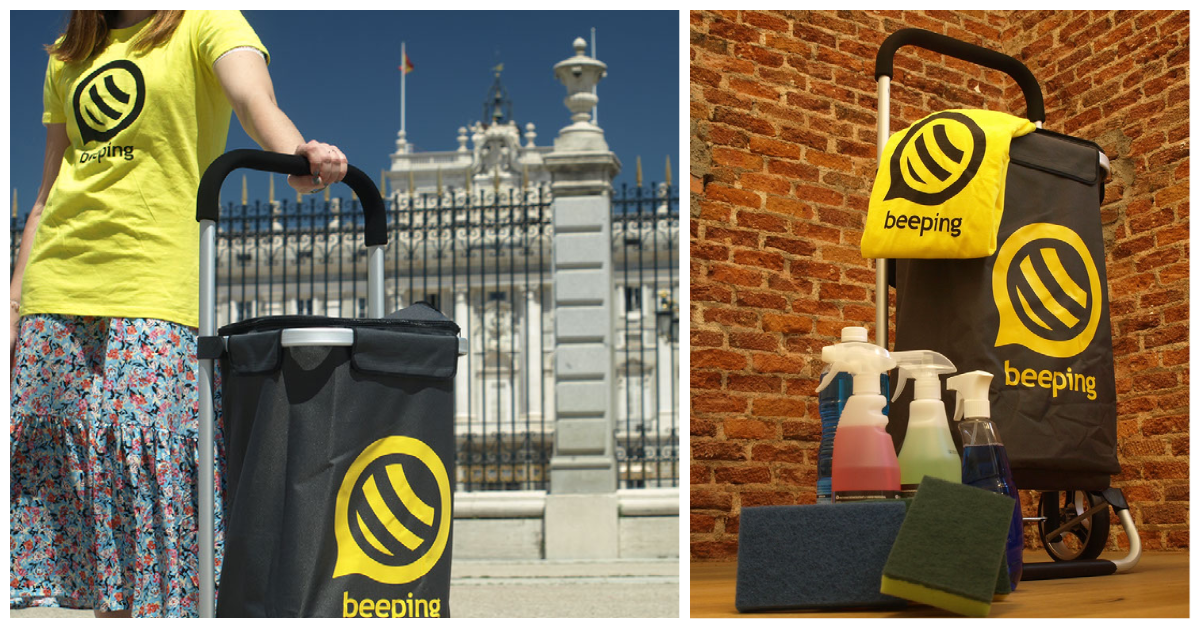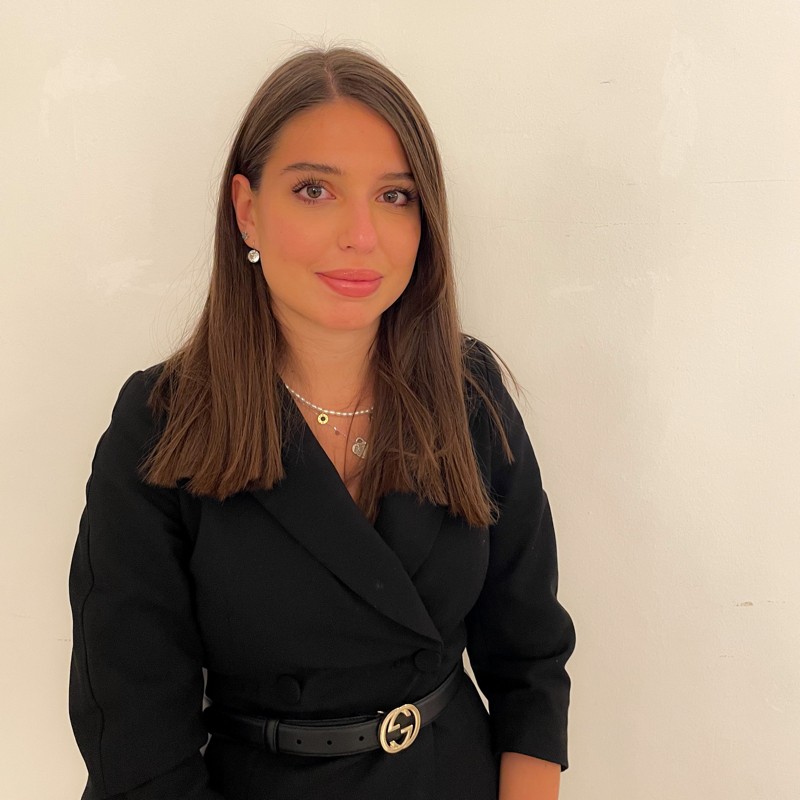In 2015, the founders of the startup company Next, David Mohar and Jan Dobrilovič, launched Beeping – an online platform that enables booking reliable home cleaning services. Beeping works similarly to Uber, as we can order quickly, safely and easily with just a few simple clicks. With the help of Beeping Business, we can provide cleaning of our business premises, supported by technology.
Beeping is the recipient of funds from the SK75 tender of the Slovene Enterprise Fund, and in 2018, the company's team also managed to obtain the honorary title of Slovenian Start:up of the Year. The company has made important partnerships with many international companies such as Eurosender, Generali Insurance Group, Krisma and DIH Technology. Beeping was recognized as a company with great potential by investors from the private venture capital fund Fil Rouge Capital and in 2019, they invested in it. Beeping soon began to expand from Slovenian to the Croatian market, and this year it also managed to enter the Spanish market.
Expansion to Spain
The company's co-founder and CEO, Jan Dobrilovič, announced an ambitious expansion of his business to a third market last year when they noticed an increased demand for their services during the epidemic. The expansion to Spain was originally planned for the first half of 2020 and has now been implemented, entering the Spanish capital of Madrid with more than 3 million inhabitants.
Why Spain?
According to the founders, Spain represents a key potential for Beeping's business model. Related platforms such as Uber, Uber Eats, Glovo have become part of the daily life of many residents of Spanish cities and the company is convinced that the household cleaning segment is no exception here. At Beeping, they believe they can offer a higher-level cleaning experience.
They are not only planning to enter Madrid, but also want to expand to other major cities such as Barcelona and Valencia.

We also talked about the experience, preparations, expectations and challenges of entering the Spanish market with the company's co-founder, Jan Dobrilovič.
[Interview] Entering the Spanish Market: Tough Nut to Crack or Easy Peasy?
Jan Dobrilovič, Beeping, co-founder
What were your expectations when entering the Spanish market and did they come true?
"When we talk about Madrid, we are talking about a city of 3.5 million inhabitants with exceptional potential. This number alone says that our expectations are high. Nevertheless, we have our feet firmly on the ground and trying to grow with each day, improve our service and product, upgrade our technological capacity and capabilities, as we believe that only in this way can we achieve the extremely ambitious goals we have in the Spanish market."
Entering Madrid was one of the biggest challenges so far, how did you face it and prepare for it?
"The entry into the Spanish market was planned for the first half of 2020, but we were forced to postpone it due to known reasons. At Beeping, we have a relatively well-developed plan to enter a new market. For the latter, we have prepared a 100-day marathon, which includes all essential areas: the regulation of legal and formal matters regarding the registration of a company, the necessary initiatives to find the first beepers, business localization, adjustment on the platform and marketing activities. We managed to make that 100-day plan a reality in 120 days. The reason lies in the fact that there are relatively many bureaucratic obstacles. A large part of the team has assisted in knowledge transfer initiatives, in all areas from development, beepers operations to customer operations. They all contributed and helped the local team to obtain all the necessary information, advice and guidelines that made the start easier."
What were your first experiences with the Spanish market?
"The very first step when looking for candidates for the local team and managing our operational affairs was a surprise. In less than 24 hours, more than 300 candidates applied for the vacancy and through only one channel."
The labor market is truly brutal. There are plenty of opportunities to select candidates who are in line with the company’s values. We have also gotten tremendous demand when working with the cleaners, our partners. The number of applications and the great interest did not surprise us because we expected it, but they accelerated additional improvements in the process and technological support for the "onboarding" of future beepers.
Any tips for entrepreneurs trying to enter the Spanish market?
"Take an extra month or two in legal-formal work. Starting a business in Spain is subject to major bureaucratic and administrative obstacles. Covid's situation didn't help here, at most it slowed things down even more. The Spanish rhythm and perception of the "customer experience" is completely different from what we are used to in Slovenia. It is completely normal that the bank does not respond to you after several days, weeks, and that you wait indefinitely for an answer for a specific offer from a certain supplier, even after multiple interventions. This is surprising, given the relatively high competitiveness of the market. The labor market in Spain is relatively different. There is much more fluctuation, candidates have a lot of experience in different fields, different companies, in the vast majority of multinationals and successful and well-known "startups". There are many candidates with international experience. I would emphasize that given the current knowledge of the market."
Beeping is present in many Slovenian cities and in the largest Croatian city, Zagreb. Among the key goals in 2021, when expanding to the Spanish capital Madrid, they strive to increase sales in the markets where they are already present and offer their services to apartment landlords on the Slovenian coast and in selected Croatian coastal towns.
MEET THE FINALISTS FOR SLOVENIAN START:UP OF THE YEAR AND PICK YOUR FAVOURITE
##
Content support for recipients of P2, SK75 or SI-SK financial products under the "de minimis" scheme is co-financed from the Slovene Enterprise Fund and the European Union from the European Regional Development Fund. This is implemented on the basis of the Content Support for Funds Recipients (SMEs) Programme in the 2018-2023 period, under the Operational Programme for the Implementation of the European Cohesion Policy 2014-2020.










